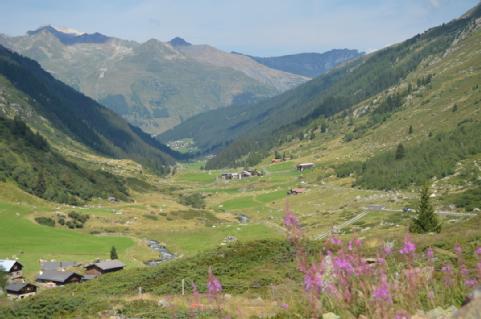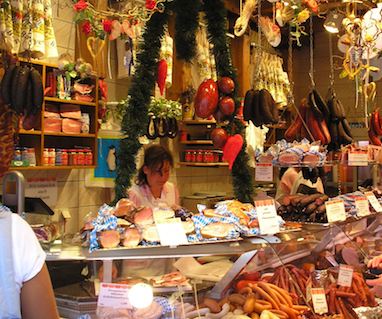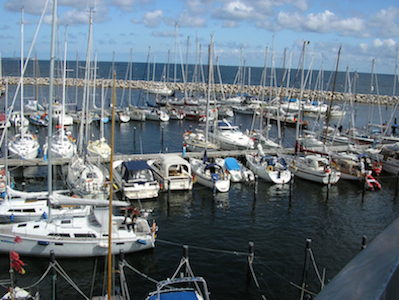Why Study German?
- German is the native language of large diaspora in northern Italy, eastern Belgium, Holland, Denmark, eastern France, parts of Poland, the Czech Republic, Russia, and Romania, as well as in other parts of Europe.
- Germany is known for its strong and prosperous economy; using its export economy it has become one of the strongest economies in the world (ranked 4th in the world by the UN in 2012 with a GDP of $3,425,956). Huge multinational corporations such as Allianz, Daimler, E.ON, BMW and Swiss pharmaceutical firms such as Novartis, Roche, Bayer and the Swiss watch industry (Rolex, Omega, Tissot) have continued to provide efficient and reliable products to a world market. Knowledge of German provides a stepping stone to such companies.
- Germany, especially Berlin, is becoming a hub for young, exciting entrepreneurs who come from all over Europe to start their business and make their fortune. Berlin has been branded as ‘Silicon Allee’, rivalling California’s Silicon Valley; and, the city is in an exciting new position of growth and creativity. This has helped to provide a vibrant and exciting youth culture that has made Berlin one of the most attractive places to live in central Europe.
 |
 |
- From Gutenberg's printing press to Hertz's discovery of electromagnetic waves, Einstein's theory of relativity to Brandenburg's creation of the MP3 digital music format – throughout history Germans have proven themselves time and again to be great innovators. There is thus a huge demand for young, innovative, intelligent and exciting graduates to work in this environment and continue such legacies.
 |
- The classical music world has benefited from many German-speaking composers, contributing through the ages; composers such as Mozart, Bach, Beethoven, Strauss, and Wagner have reflected the historical development and beauty of Germanic culture.
- German speakers have been at the forefront of academic thinking throughout the 19th and 20th Century. Philosophers and sociologists such as Marx, Hegel, Kant and Freud have provided insight and debate, changing the way we think about ourselves as beings and the society in which we live.
- Contemporary German culture has a diverse and vibrant culture that appeals to all walks of life; this includes Oktoberfest (the largest beer festival in the world with over 6 million visitors each year held in Munich), and architecture such as Cologne Cathedral, the Berlin Wall and the Brandenburg Gate in Berlin. In addition to this, Germany won the 2014 FIFA World Cup in Brazil, the fourth in their history!
- Germanic countries cover a range of environments and climates – from German beaches on the Baltic Sea, to the Black Forest on the Rhine and skiing in the Swiss/Austrian Alps.
 |
 |
